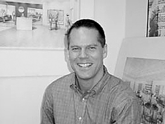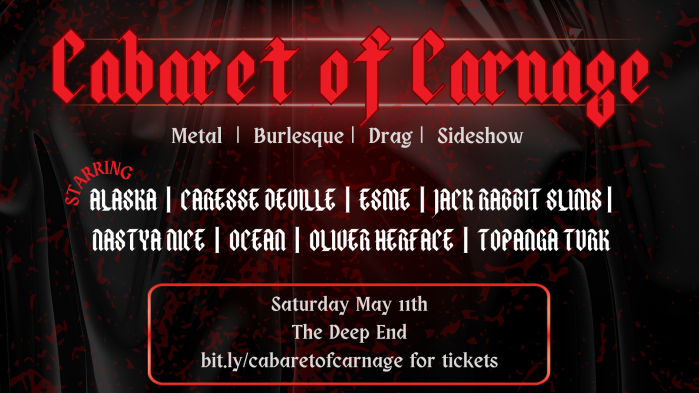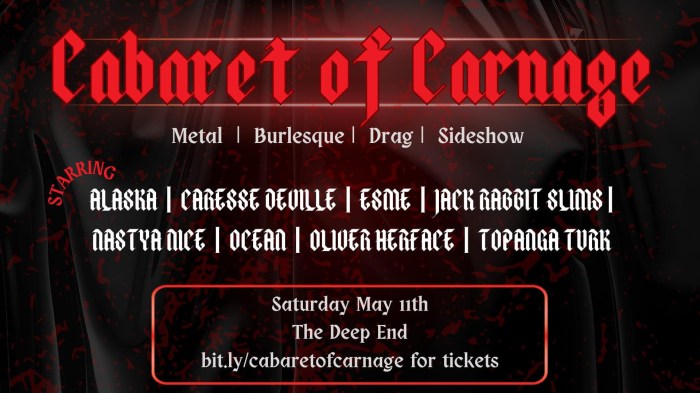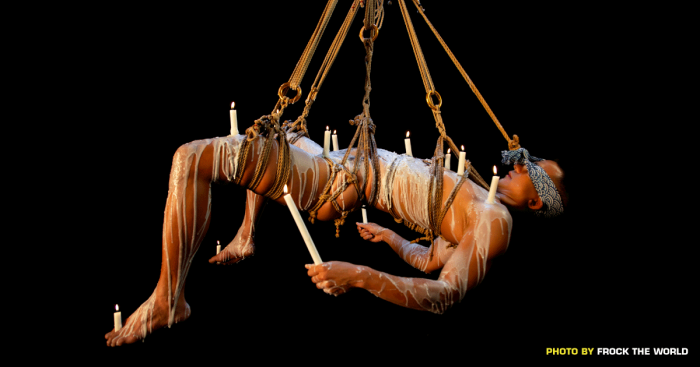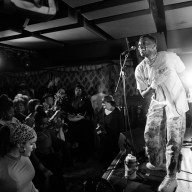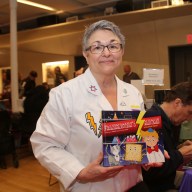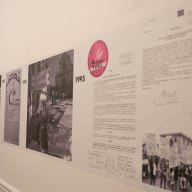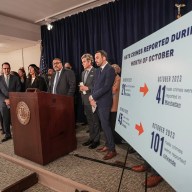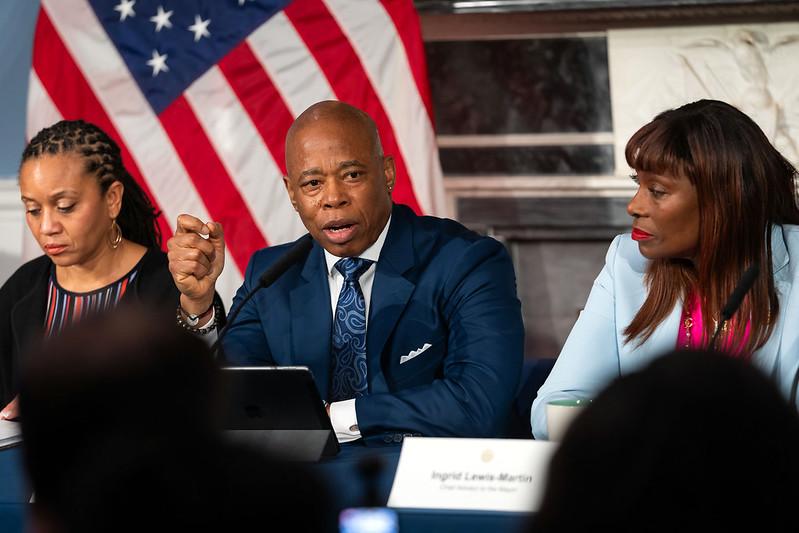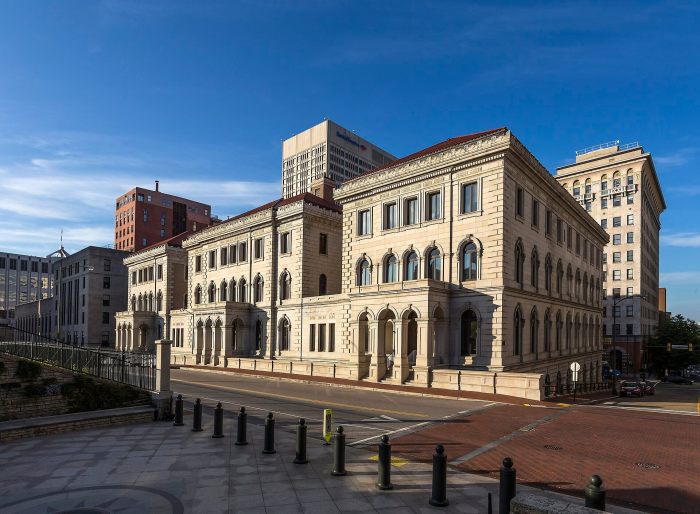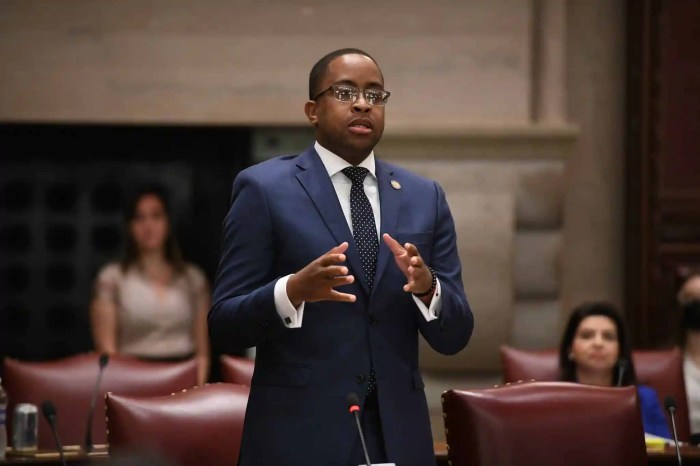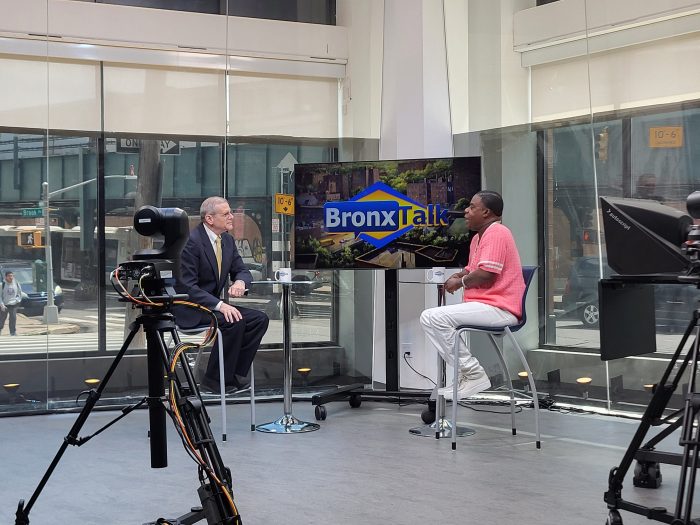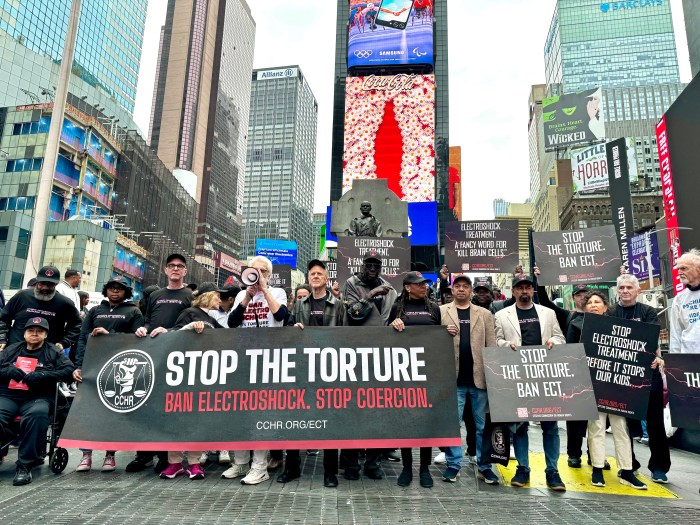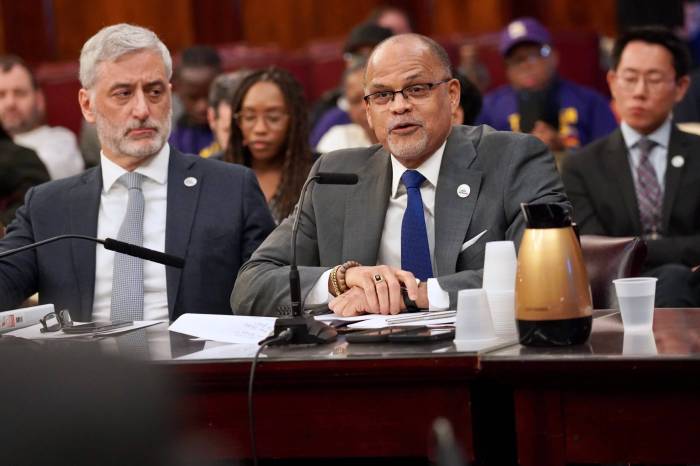LGBT delegate and observers complain their concerns officially ignored
LGBT elder representatives expressed disappointment with the decennial White House Conference on Aging (WHCoA), held December 11-14 in Washington with 1,200 state delegates present. In a December 13 written statement, the National Gay and Lesbian Task Force, with representatives attending the WHCoA as observers, urged “explicit inclusion” of LGBT concerns, stating the fear that the special needs of the queer elder community would go unnoted in the official record.
Gathered later that day for a press conference, Task Force and other LGBT community representatives concluded their concerns in fact had been completely ignored by conference officials.
In a letter to the WHCoA Policy Committee, the 75 representatives in the New York State delegation voiced their unanimous discontent with the conference as a whole. The letter, co-signed by Terry Kaelber, executive director of SAGE, or Services and Advocacy for GLBT Elders, cites “serious concerns about the structure, process, and anticipated outcomes of the 2005 conference.”
In an interview, Kaelber, who was the only official delegate at the conference representing an LGBT group, complained that frequent rule changes at the conference frustrated his efforts at having his group’s concerns heard.
“Every time you turned around, they would change,” he said. “It began to look like they really didn’t want people’s input.”
At the last WHCoA meeting, convened in 1995 under President Bill Clinton, several LGBT groups had official delegates. According to Kaelber, as a single LGBT representative, “it was virtually impossible to do any coalition building.”
“We were able to reach about 400 of the 1,200 delegates,” said Kaelber of his efforts at networking. Fifty of those delegates responded they were willing to build a broad coalition consisting of minorities, ranging from LGBT to ethnic organizations and the underserved. This group of advocates could coalesce into a permanent diverse aging coalition. A first meeting is tentatively planned for January.
For the first time in the history of the WHCoA meetings, this year’s event did not include an appearance by the president. But Kaelber said the resolutions that came out of the meeting were “typical of the Bush administration’s language” and largely rammed through the delegates for their approval. However, Kaelber explained that his small coalition was able to raise diversity concerns that were included in “implementation strategies” that accompany the conference’s official record.
“Diversity issues are now a major theme of the implementation strategies,” said Kaelber, who concluded “our work must focus on these.”
“We need support from wider organizations,” said Amber Hollibaugh, a senior strategist with the Task Force. She said that the 1995 conference was much more open to LGBT delegates, but expressed hope that “we would take the network with us and form an alliance to help shape policy” for future conferences.
“We are not the only ones left out,” Hollibaugh said. “Next time there won’t be a question of who we are. We will have the clout and they won’t be able to afford not to listen to us.” She also urged local action. “Your local organization must say that aging is a queer issue.”
Hollibaugh was very critical of the agenda of this year’s conference, which she said was centered on the theme of “aging as a marketplace,” with priorities aimed at businesses that seek to target elder consumers, rather than examination of affordable housing and health care.
Robert Blancato, a WHCoA Policy Committee member, said that the letter of dissent from the New York State delegation “created a bit of a buzz” and that “it captured some of the people’s feelings.” He added, however, that the issues raised by New York were never brought up during the media availability sessions held at the conference, nor were they addressed by the Policy Committee itself.
Gay City News made repeated efforts to get in touch with WHCoA executive director Scott Nystrom’s office for a comment, but received no reply.
Conference observer Garrison Phillips, representing the Griot Circle, an elder LGBT organization, summed up collective feelings after two frustrating conference days.
“Some delegates just walk away when I address LGBT concerns,” he said. “We don’t need homophobia in America.”
“We must understand we have a battle ahead,” Phillips added. “In the nation’s capital we should be able to be listened to.”
gaycitynews.com

